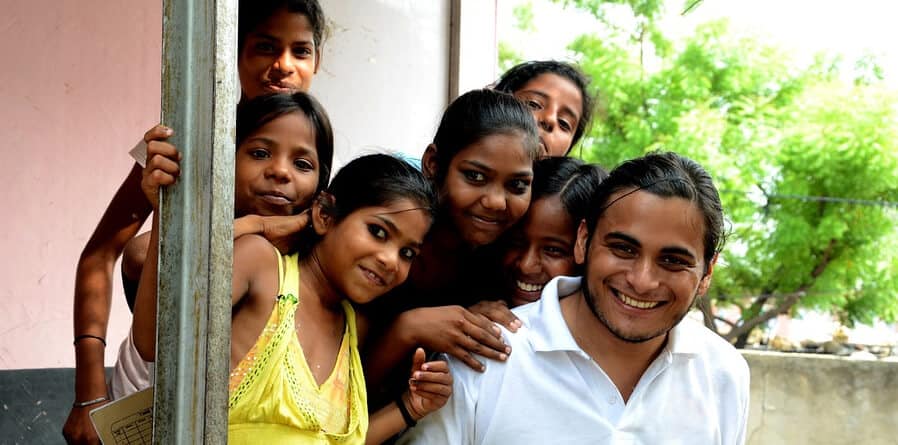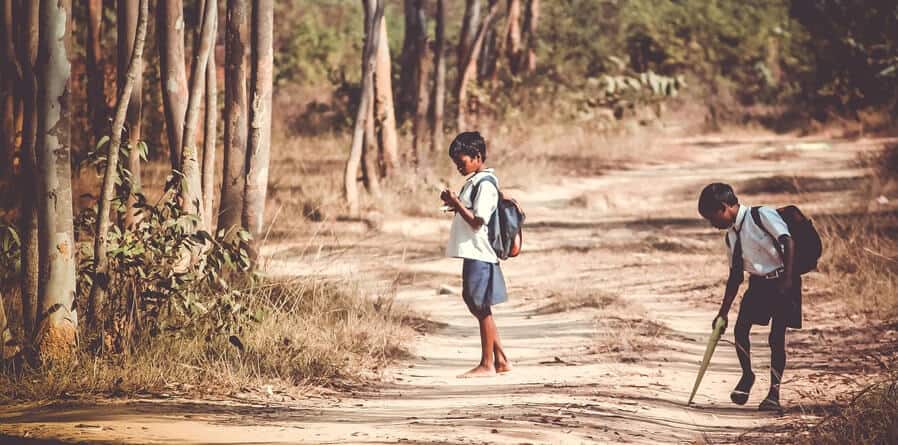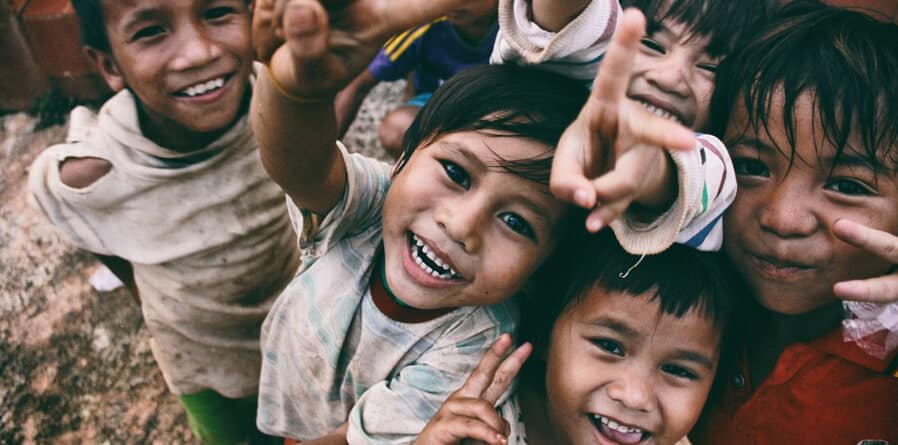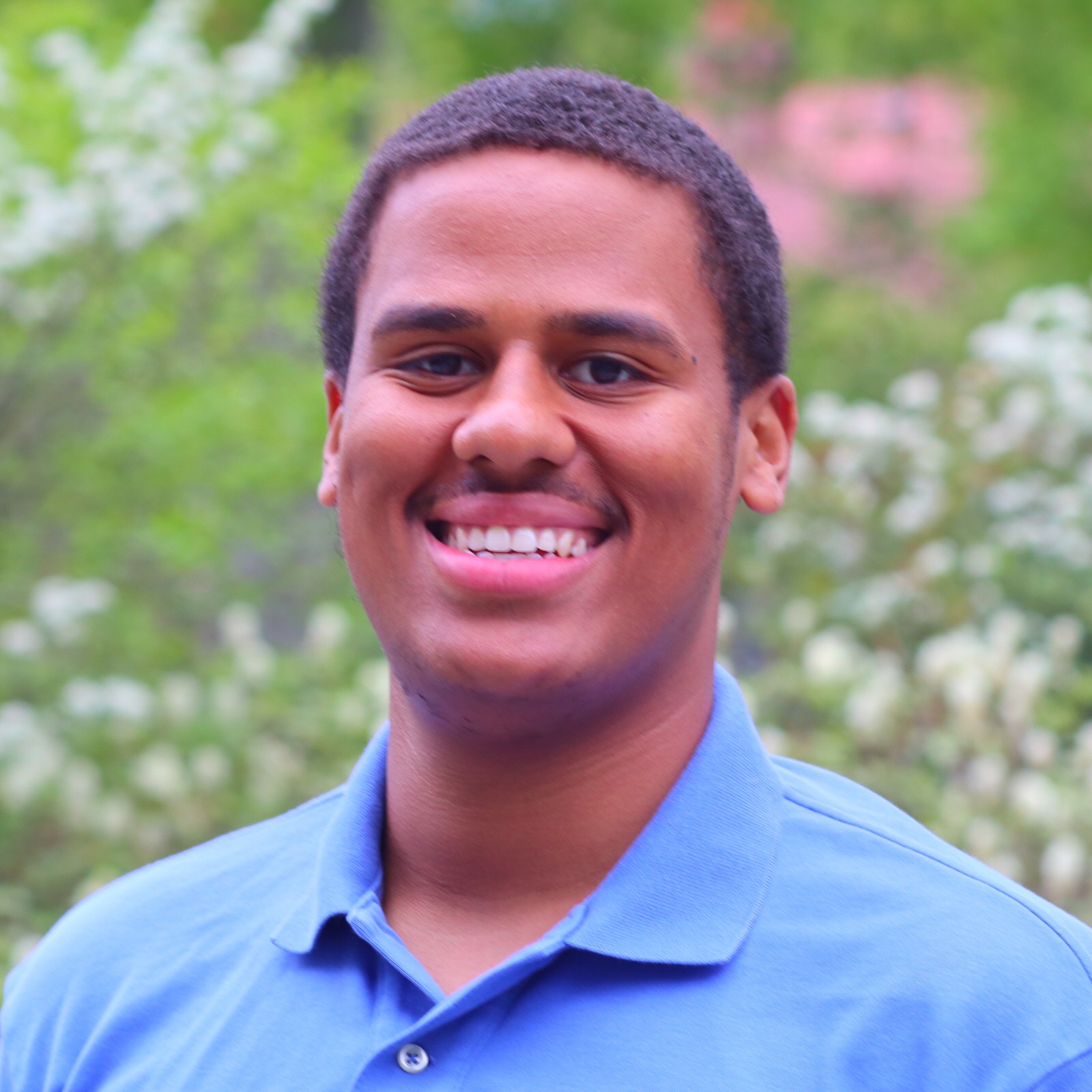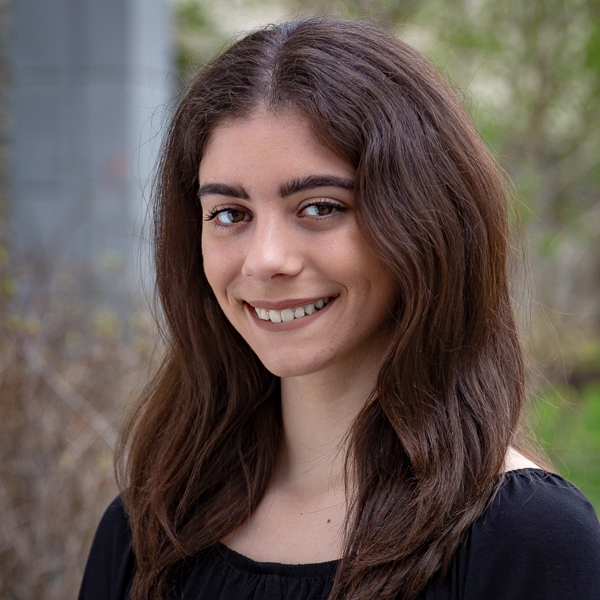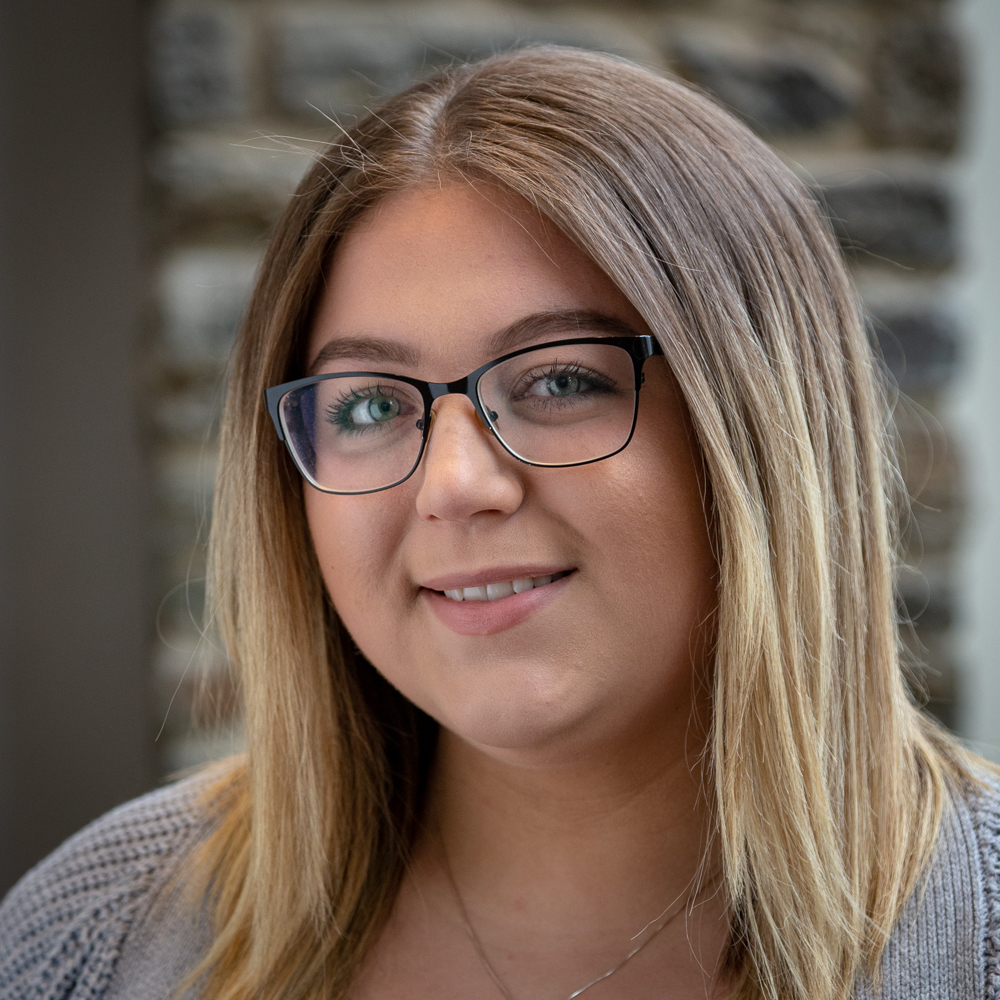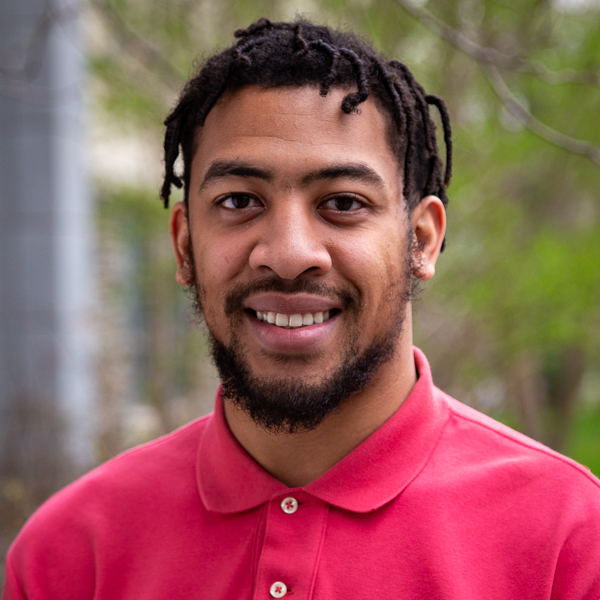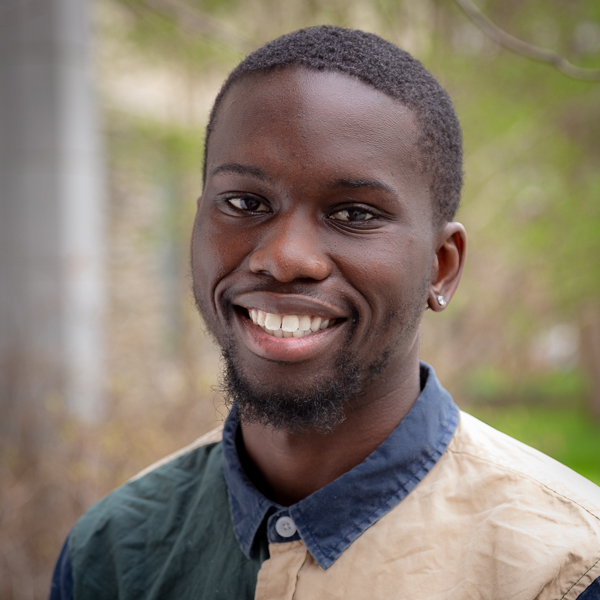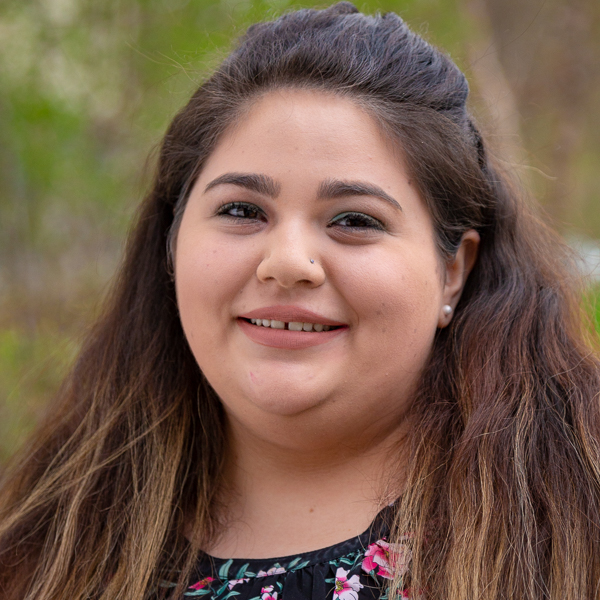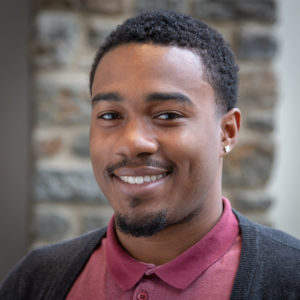Working for Dignity: Nationally
The U.S. Conference of Catholic Bishops seeks to unite all people of good will in support of immigration reform.
Working for Dignity: Regionally
The Aquinas Center serves the Philadelphia community by facilitating programs and providing immigration legal services.
Working for Dignity: Locally
Cabrini University's Center on Immigration works in service of immigrant justice through research, education and advocacy.
Words Matter
Refugee
A person who – being fearful of persecution due to race, religion, nationality, membership of a particular social group or political opinion – is outside the country of his/her own origin and is unable to return to that country.
Economic Migrant
A person who has moved to another country to find employment in the absence of viable and sustainable opportunities in his/her own homeland.
Asylum Seeker
A person who has left his/her country of origin – in accordance with the definition of “refugee” – and formally presented him/herself at or within the border of another country for asylum.
Stateless Person
A person who is not considered a national of any State, and therefore, lacks diplomatic protections and the right to temporarily stay or return if he/she travels.
Internally Displaced Person
A person who has been forced to leave his/her home because of armed conflict, situations of generalized violence, or violations of human rights, but has not crossed an internationally-recognized state border.
Naturalized Citizen
A person born outside of the U.S. who has lawfully become a citizen. This citizen is not eligible to become president or vice-president of the nation, but otherwise enjoys the same freedoms as a naturally-born citizen.
Catholic Principles of Global Migration
The Catholic Bishops of Mexico & the U.S. developed these principles, which flow from the Gospel and Catholic Social Teaching.
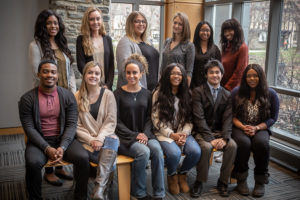
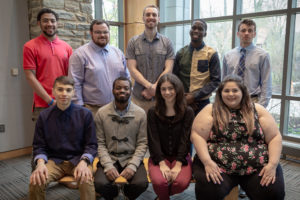
Create. Change.
Telling stories that matter...
What does it mean to “welcome the stranger”? This phrase from the Bible isn’t a rhetorical question. The Scriptures tell us to welcome migrants. The number of international migrants worldwide swelled to 258 million in 2017, and according to the United Nations, continues to grow. How we in the media characterize these strangers affects public sentiment and political action. We take our responsibility as student journalists seriously.
Thus, we, the 2018-2019 Senior Convergence students in the Communication Department at Cabrini University, explored issues of global migration and immigration for our senior capstone project. We examined the systemic factors that unjustly compromise the dignity of migrants and the well-being of our global community. We also found the people, teams and organizations working on solutions to address these factors. Explore our website and be inspired to welcome migrants as a members of our human family.
Site Introduction: Produced by Daniel Jackson

